Description
-
Trent Brown – Joint Arthroplasty for Today’s Clinician: Greater Knowledge, Greater Evidence, Greater Outcomes
- Faculty:
- Trent Brown
- Duration:
- 5 Hours 54 Minutes
- Format:
- Audio and Video
- Copyright:
- Jan 19, 2017
Description
Total joint arthroplasty is the most common surgical procedure performed in the U.S. However, as surgical advances and prosthetic implants improve annually, the therapeutic process and protocols used with this population have remained stagnant.
In addition, the recent push to reduce length of stay and therapy visits while increasing functional outcomes and activity levels makes the clinician’s job even more critical. With total joint procedures doubling the past decade and trending upward, today’s clinician must possess a stronger understanding of the techniques used by surgeons, the prosthetics commonly (and uncommonly) used, and evidence-based treatment strategies determined not just by their referring surgeon but by current research.
This recording particularly discusses the latest surgical and minimally invasive techniques used and the benefits and risks associated with these techniques. Taking over 1,000 nationally established joint protocols, presenter Trent Brown, MOT, OTR/L, BCG, summarizes the most effective and functionally relevant treatment strategies and protocols. Demonstrations and labs will occur to ensure application of material and immediate carry-over to the clinical setting.
Mr. Brown will also discuss documentation techniques and examples to strongly justify the need for skilled services with this population in hospital, in-patient, acute, home health, and outpatient settings.
Handouts
| Manual – Arthroplasty (6.95 MB) | 116 Pages | Available after Purchase |
Outline
COMMON THEMES AND RESEARCH BEHIND SHOULDER, HIP, AND KNEE ARTHROPLASTY (TSA, THA, TKA)
- Demographics
- Inclusion criteria for TJA (based on AMA) and who should avoid TJA
- Neurological and psychological consequences from delaying total joint arthroplasty
- Healing stages
- Inflammatory, proliferative, remodeling
- Bone, cartilage, muscle, tendon, and nervous tissue
- Review of joint movement and osteokinematics
TOTAL SHOULDER ARTHROPLASTY
- History leading to current procedures and prosthetics
- Functional verses textbook range of motion for normal function and ADLs
- Procedures/components
- Glenoid component, humeral component
- Hemiarthroplasty
- Cemented versus cementless
- Non-constrained versus constrained
- Reverse TSA
- Why reverse TSA?
- Precautions of TSA versus standard TSA
- Research behind TSA regarding failure rates, functional outcomes, and ROM
- General therapeutic protocol
- 3 or 4 phase approach
- Treatment ideas/lab
- Scapulohumeral rhythm
- The proper pendulum
- 4 approaches to the posterior glenohumeral glide (joint mobilization)
- Non-weight bearing periscapular training
TOTAL HIP ARTHROPLASTY
- History leading to current procedures and prosthetics
- Procedures/components
- Femoral component (cemented versus cementless)
- Acetabular component (plastic, metal, or ceramic)
- Anterolateral, posterolateral, direct lateral, anterior, and superpath approaches
- Research behind THA
- General therapeutic protocol
- Treatment ideas/lab
- 6 determinants of gait
- Lateral pelvic tilt in supine leading to frontal plane control (LAB)
- Lateral weight shift with pelvic tilt emphasis (single leg stance with resistance)
- 4 way straight leg raise
TOTAL KNEE ARTHROPLASTY
- History leading to current procedures and prosthetics
- Procedures/components
- Femoral component (cemented versus cementless)
- Tibial component (metal platform with plastic surface for ROM and absorption)
- Patellar component (metal or plastic)
- Unicompartmental option
- Cruciate retaining, posterior stabilized design, fixed bearing, mobile bearing, and gender specific
- Incisions (parapatellar, midvastus, subvastus/quad sparing)
- Research behind TSA
- General therapeutic protocol
- SLR and closed chain activity
- Dynamic EOM and half-standing with weight bearing/functional emphasis
- Gold standard of the stationary bicycle
- 4 directional patellar joint mobilization
- Treatment ideas
DOCUMENTATION
- Documentation ideas “outside the box” for the total joint client
- Case study implementing research and treatment ideas
Faculty
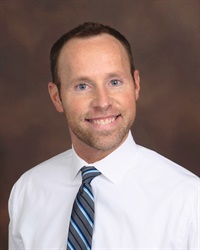
Trent Brown, MOT, OTR/L, ATP, BCG Related seminars and products: 14
Advanced Healthcare
TRENT BROWN, MOT, OTR/L, ATP, BCG, is a practicing therapist in Utah and is one of 36 credential holders of a board certification in gerontology (BCG) from the AOTA. Mr. Brown also holds a certification as an assistive technology professional (ATP) from RESNA. He completed his undergraduate and graduate work at the University of Utah where he is also an adjunct professor. He is employed by the Department of Health (UDOH) to develop, implement, and operate healthcare quality improvement programs and has authored multiple laws to legislate improved patient care. Mr. Brown also reviews clinical documentation for UDOH as an expert witness in reviewing cases. Mr. Brown has over 15 years of clinical experience in skilled nursing, transitional care, acute, and home health. Recently, he served as the VP for the UOTA where he co-authored SB 131 advancing OT practice in the state of Utah and has received multiple awards for his clinical, academic, and legislative work. Through his expertise in advocating for therapy services authoring law and rule he has evolved into an expert presenter on ethical and legal issues facing therapy. Mr. Brown has provided courses for thousands of clinicians throughout the country in conferences, private settings, and specialty conferences. Mr. Brown is a master clinician and lecturer on a myriad of topics including joint arthroplasty, core strengthening, documentation, aging, functional mobility, ethics, and fall reduction. He has also been a keynote speaker at multiple events throughout the country.
Speaker Disclosures:
Financial: Trent Brown is an adjunct professor at the University of Utah. He receives a speaking honorarium from PESI, Inc.
Non-financial: Trent Brown is a credential holder of a board certification in gerontology (BCG) from the AOTA.
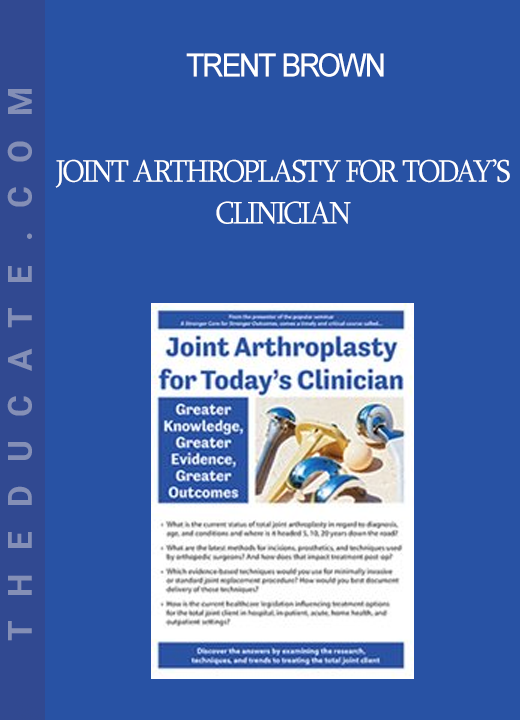
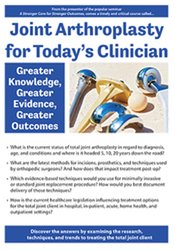


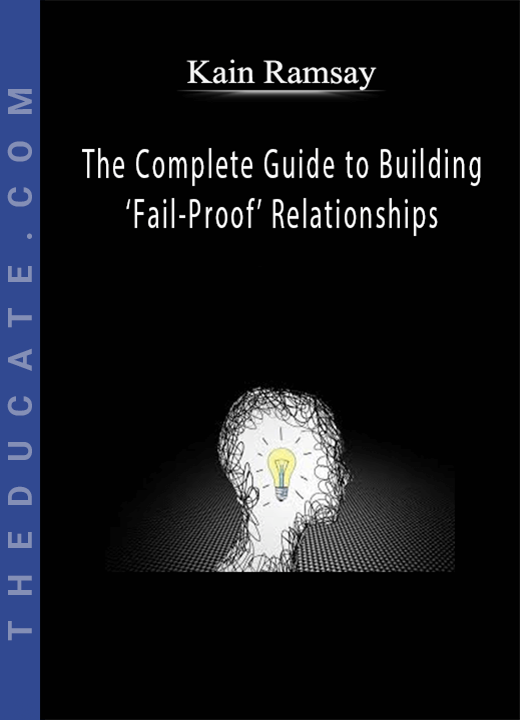
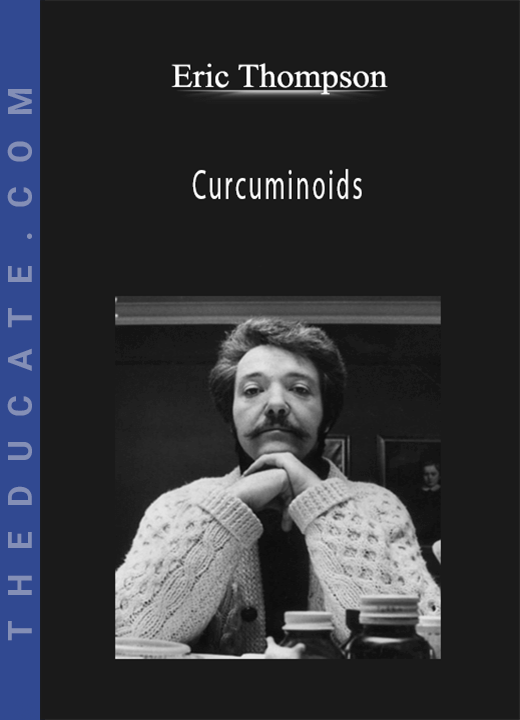
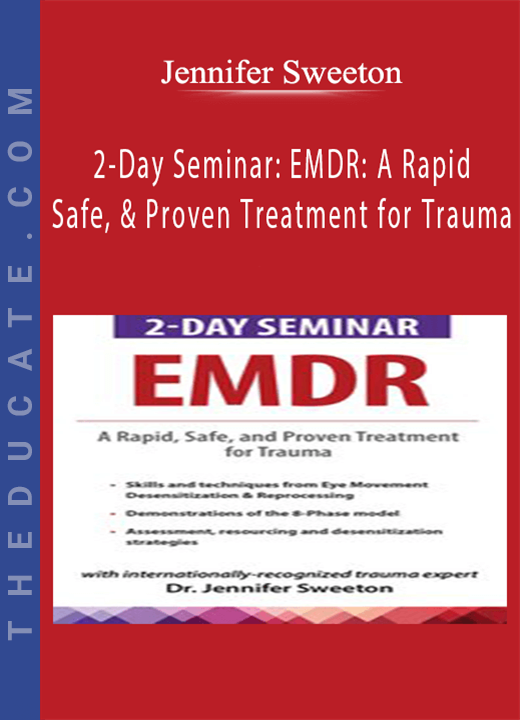
Reviews
There are no reviews yet.